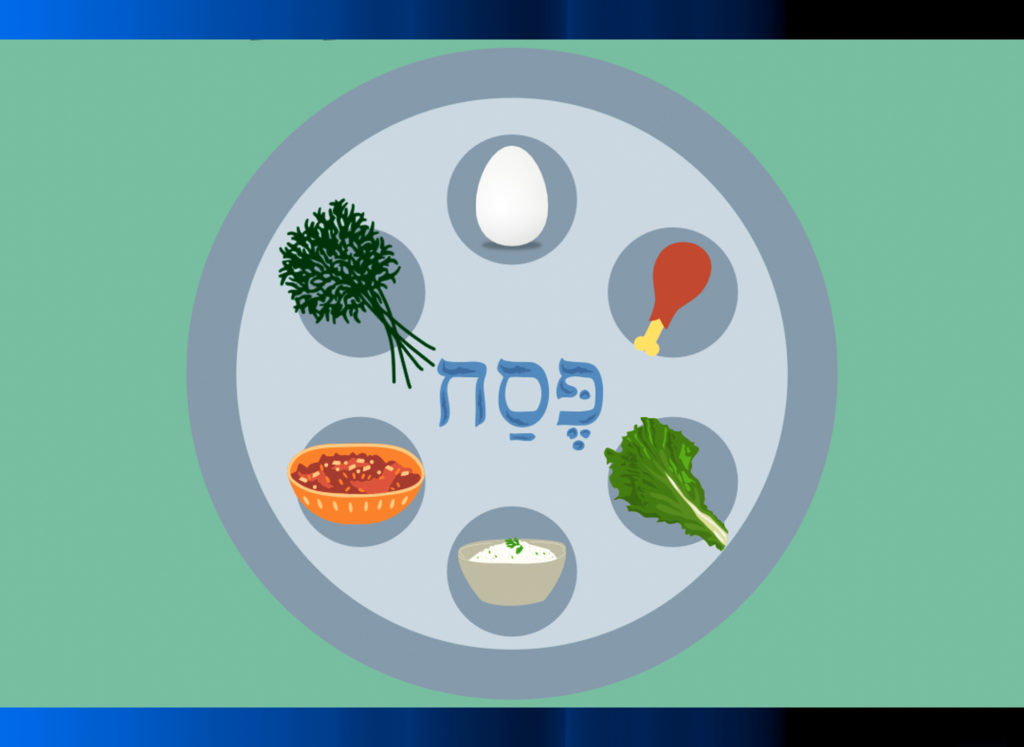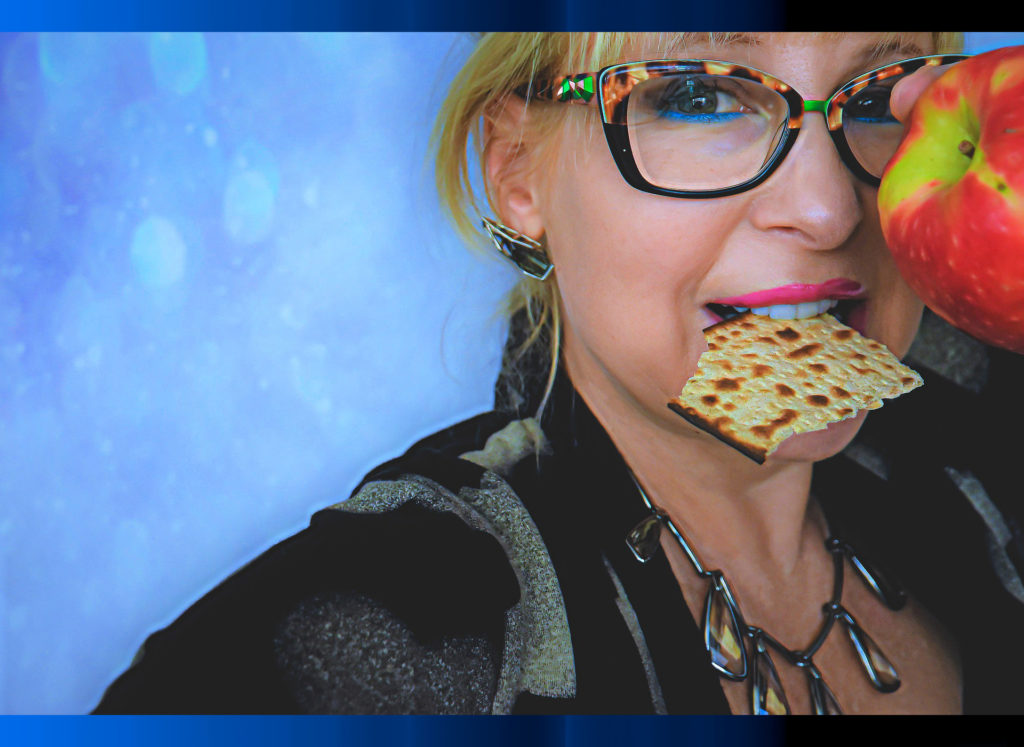(3 – 4 Minute Read)
The holiday of Pesach, or Passover, is one of the most monumental commemorations in Jewish life. On this annual holiday, the Jewish people remember and acknowledge Yetziyat Mitzrayim, the “Exodus” of the early Jewish people from Egypt as the Most High judged the Egyptians through the infamous Ten Plagues.
Our chachamim, rabbinical sages of blessed memory, have told us to view ourselves every day as personally having left Egypt. Egypt in Hebrew is “Mitzrayim,” which is derived from a word for bondage and constraints. In that context, the idea is that each and every one of us are encouraged to realize that the Almighty has taken us out of our own “personal Egypt” and brought us first to Sinai and then onward to Eretz Yisrael, the Land of Israel. And while this admonition applies to everyday, it is especially relevant during the Pesach, or Passover, season.

The following was written by J. [name redacted for privacy], and reflects the above sentiment:
~ ~ ~
“Yesh Li Kol” is a phrase from Bereishit / Genesis 33:11 that is usually not properly translated in English translations of the Torah. I’ll come back to that in a moment.
Just a few days before the Jewish holiday of Pesach (Passover) is a very important anniversary for me. Indeed, in some ways it was the most important day of my life, and “coincidentally” it occurred as we gear up to celebrate the exodus of the early Jewish people from Egypt and “z’man chereteinu,” the “time of our freedom.”
Eighteen years ago, I was in a very bad situation. I was nineteen years old, and my home and family life had reached a point of toxic abuse of a physical, emotional, and spiritual nature that – no exaggeration – my physical life was in jeopardy. Literally in a single day I had broken through a decade of mental, emotional, and physical barriers in order to escape. Physically scarred permanently and woefully malnourished, I left home with $98 and a cheap, flimsy red bicycle with nowhere to go. I had no real support, and my short list of local friends grew even shorter when the chips were down. (“Fair weather friends”, “not my problem,” lack of courage, and the like… Sigh.)

A few days after my initial escape, it was Pesach (Passover). By then I had found a room to rent for $100 a week from a co-worker. I sat on the floor of a bare room – no furniture, no decorations, nothing – just a backpack and a sleeping bag. I had counted out my remaining money to buy matzah, grape juice, and enough Pesach-appropriate food to last me until my next $7/hr paycheck. But sitting there I followed the text of the Haggadah and choked my way through the traditional Pesach (Passover) Seder ceremonial liturgy and meal in my then-very limited Hebrew.
On the surface, it may sound like the most abysmal Pesach (Passover) Seder of all time. But in a way, it was the greatest.
I was free!
I literally had nothing, no possessions of any kind. But I did have one all important thing: freedom. And I had my own personal escape from slavery that enabled me to understand and appreciate how precious freedom can really be.
It is now eighteen years later. Eighteen, or “chai”, is an important number in Judaism, as it is symbolically related to the Hebrew word for “Life.” And as Pesach (Passover) approaches, I am reflecting on the Life that the Almighty has given me. I am reflecting on the freedom and escape from the slavery of my own personal Egypt.
And now we return to “Yesh li kol.” There is another story in the Torah that I can relate to today. When Yaakov Aveinu (Jacob the Patriarch) left home in Bereishit / Genesis 28, he had nothing. By the time he returned in chapter 33, he had wives, children, flocks, and blessings from the Most High. When Yaakov (Jacob) approached his brother, Eisav (Esau), he gave him gifts. Eisav (Esau) said as he surveyed the gifts of livestock and wealth, “Yesh li rav, I have plenty.” But Yaakov (Jacob) replied, “Yesh li kol, I have everything.”
Yaakov (Jacob) had left home with nothing, but now with his family and spiritual blessings he re-entered the Land of Israel and felt that he had everything. And while he had material possessions as well, that’s not what he valued. That’s the subtle implication of the Hebrew phrase “Yesh li kol” that the English translations rarely (if ever) capture and portray.
It’s now eighteen years since I fled from that dangerous situation with nothing. I am now back in the Land of Israel. I have a wonderful, beautiful wife (and, unlike Yaakov/Jacob, fortunately I only have one wife, Lol). We have spiritual blessings. We are hoping to build our family soon, B’Ezrat Hashem. We aren’t rich, but we can pay our bills. And soon we will be celebrating the holiday of Pesach (Passover), z’man chereteinu, “the time of our freedom,” this year in Yerushalayim (Jerusalem). And as Pesach approaches, all my thoughts and emotions of gratitude to the Most High can be expressed in a simple yet powerful Hebrew phrase:
“Yesh Li Kol.”
~ ~ ~
May the Almighty enable us to leave our shackles of “Egyptian” bondage behind as we journey towards Torah, Israel, and freedom. May He grant each and every one of us the ability to view ourselves as having personally departed from Egypt. And may we all have a Chag Pesach Kasher v’ Sameach, a kosher and happy Passover holiday!

Website Page Designer: “Well… sometimes.”
